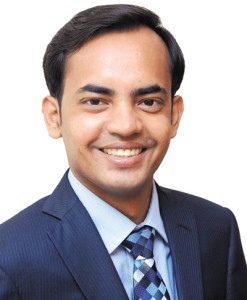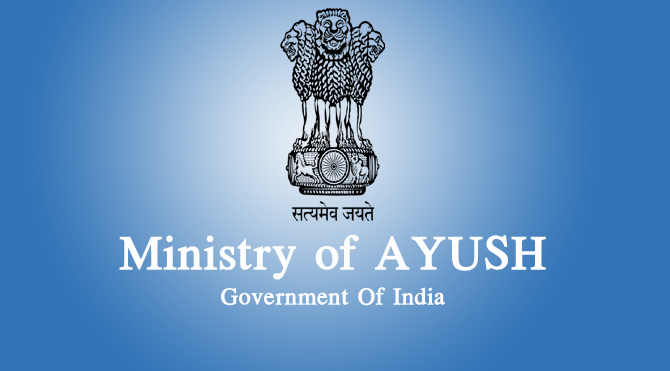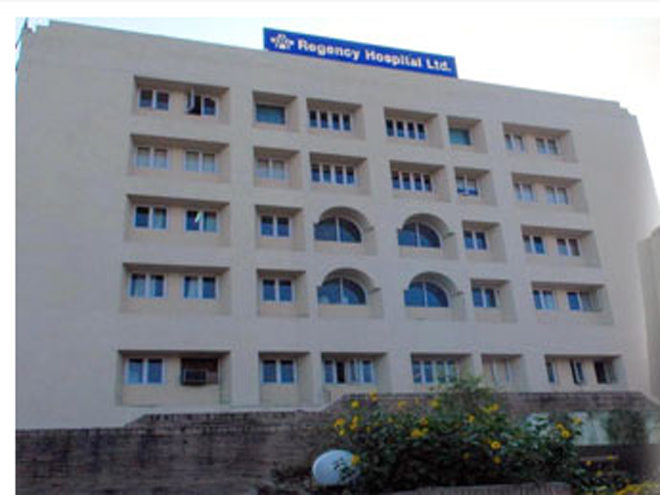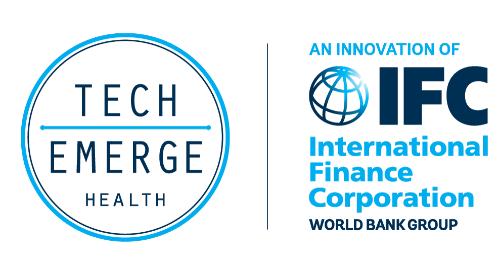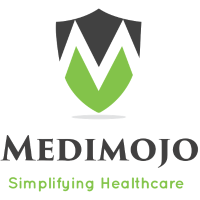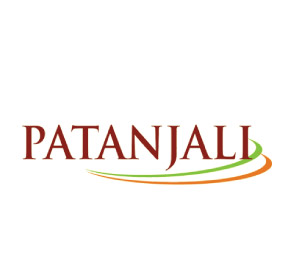
Shekhar Sahu, Co Founder, HealthcareMagic, a mobile healthcare services provider talks to ENNs Rajesh K Sharma about the companys foray into mHealth and share his opinion on the journey so far.
Please tell us about the Doctor on Call service that you ran earlier
We ran the Doctor on Call service in collaboration with Tata Teleservices, BPL Mobile (in Mumbai), Vodafone and Docomo around 2008-09. If one dialed 54487 on these services, the call landed to HealthcareMagic, and one of our doctors answered the health questions. If it was a general query, then a General Physician answered the call, but the doctor felt that the query was slightly serious or if a specialist was required in consultation, he used to connect the call to one. This was a pilot service that ran for one year with these companies. At that time, people didnt have a smartphones, and the market for value added services wasnt as lucrative as it is now.

Do you still provide this service?
We dont provide this service now, as people have moved to mobile apps, and we too have moved our services to mobile apps. But we do provide healthcare service over the phone to our corporate customers. Around 200 companies use our health services. We provide services like Ask-a-Doctor, Ask-a-Specialist, Ask-a-Dietician and Ask-a-Counsellor to our customer, online and over the phones as well. This was a strategic decision for us because we are an internet company, and our focus was growing our healthcare business over the internet and mobiles “ not on calls, but through mobile websites and apps.
What was the kind of volume that you dealt with during you pilot phase?
We used to get around 300 calls per day from the vendors. But with value added services, the catch is that there is not much profit for the service provider. We were making only about 25 percent of the billed charges. This was not very profitable for us. Moreover, Doctor on Call was not our primary business, since our focus was shifting to mobile platform and web.
What are the most common queries that you receive?
The most common queries are related to womens health. Women are more active than men in healthcare. Roughly, around 60 percent are active online on health related websites and the remaining are men. So, most of the queries we receive are women centric, like pregnancy related queries, beauty and skin related questions, and childbirth related questions. Then we get queries related to cardiology and oncology. Then we get general health queries like headache, flu, viral fever etc. Then come the sexual queries. All these queries consume around 60 percent of the questions that we receive. The remaining questions are related to various medical conditions.

Do you feel that such a service is apt for treating serious ailments?
If someone has a serious medical condition, we give them a second opinion. People always look for a second opinion in any serious health issue. Our service provides a second opinion from a specialist. For example, if someone has a heart condition, then he can get a second opinion from renowned doctors on our board. We have the chiefs of cardiology from Apollo Hospitals, New York Medical Centre and San Francisco General Hospital on our boards. These kinds of doctors are able to provide a much personal second opinion. But ultimately, meeting a doctor face to face is absolutely necessary. In India, we have partnered with hospitals. So, after giving a second opinion, the specialist too asks the patient to visit a doctor, and we fix an appointment for him if the patient agrees.
But many a times, a patient may not be aware that the symptoms point to something serious.
That is true. Because of such a scenario, we do not prescribe any medicines because that is not recommended worldwide.
What is you view about the delivery of content on mobile networks now?
In India, everything is going mobile because everyone has a smartphone and an internet connection on it nowadays. People are not only reviewing products and making decisions on mobiles, but they totally rely on it to make decisions. Mobile is changing peoples lives slowly. If you are able to talk to a doctor and ask questions on mobile, then there is nothing better than that. On a mobile, the conversation can happen on all formats, email, chat.
Do you plan to offer your services to the general public?
That is in pipeline. We are in talks through one of our partner companies. Many NGOs and state government are putting up kiosks that can reach people in rural and tribal areas. Noting much has developed, but we are willing to reach as many people as possible through as many medium as possible.
Can mHealth be used to fight cases of epidemics?
If there is an epidemic, then its awareness becomes very important. If such a service is available and even if a small portion of people using mHealth service get regular tips and suggestions from the doctors, then I think it will make a lot of difference in their understanding and taking of precaution. Also, an epidemic calls for a huge demand for doctors, and if we have the required doctors, then definitely we will be able to respond to such a situation. But when an epidemic occurs, the only things that matters is awareness and precaution. If people have mHealth services they can have proper information at the right time available to them.
What, according to you, is the size of the mobile healthcare industry, and what is its potential?
Potential is very good in India. Till 2011-12, not many people used smartphones. Now, everyone from a schoolboy to a grandmother has a smartphone with an internet connection. Mobile has become the primary medium to reach people and communicate. Penetration of healthcare into these kinds of communication devices is that best thing that can happen.
The mHealth field has a substantial number of players now. Do you share ideas and best practices among yourselves?
We do not believe in sharing any kind of medical information. Any kind of question asked by the user should be strictly confidential. It is against our policies to share any kind of medical questions or practices. Statistics about out service may be shared, but we dont share individual patient histories. But nobody has asked about any trends, and we have not shared it with anyone. You are the first person to ask such a question, actually!
There is no policy framework in place for your sector.
Yes, there is no policy framework in India about how the sector should function. Telemedicine services are mostly launched by governments, and there are no proper guidelines and no proper training for the people about how to use it. If things are done properly, then the people living in the rural areas can become the primary users of healthcare services.
If a policy framework were put in place, how beneficial will it be?
It will be highly beneficial, not only for business, but also for common man.
What are the frameworks do you have in place to ensure the quality of work?
We do not prescribe any drugs or medication to our users since it is not allowed anywhere. Instead, we just answer their questions, and if any specialist is required, then is added in the conversation for a second opinion. Also, all medical profiles and information is secure in HealthcareMagic. Nothing is shared, even with another doctor “ if another doctor wants to used the information, he needs to take the initial doctors permission. If a user cannot speak in English or Hindi, then we try to get a doctor who can speak his language. We ensure that the patients query is solved upto his satisfaction. If the patient is willing to visit a hospital, then we arrange for an appointment and guide him about the questions that he can ask about his ailments.
Be a part of Elets Collaborative Initiatives. Join Us for Upcoming Events and explore business opportunities. Like us on Facebook , connect with us on LinkedIn and follow us on Twitter , Instagram.


